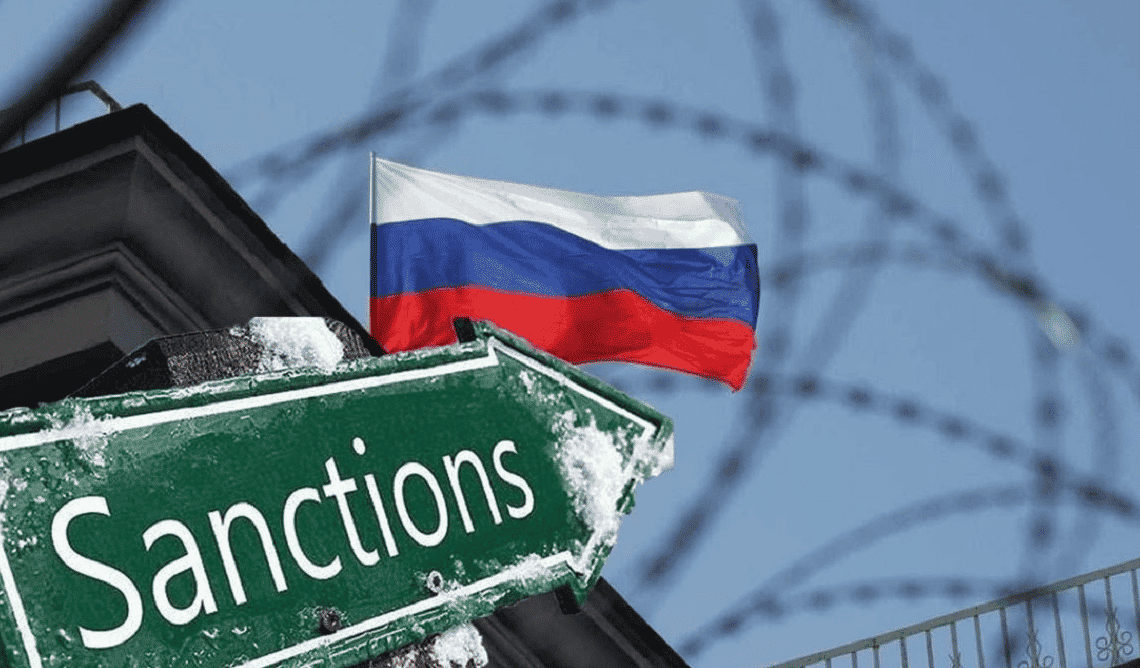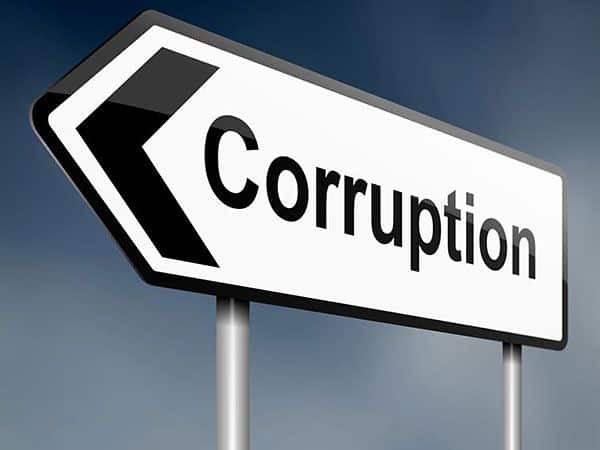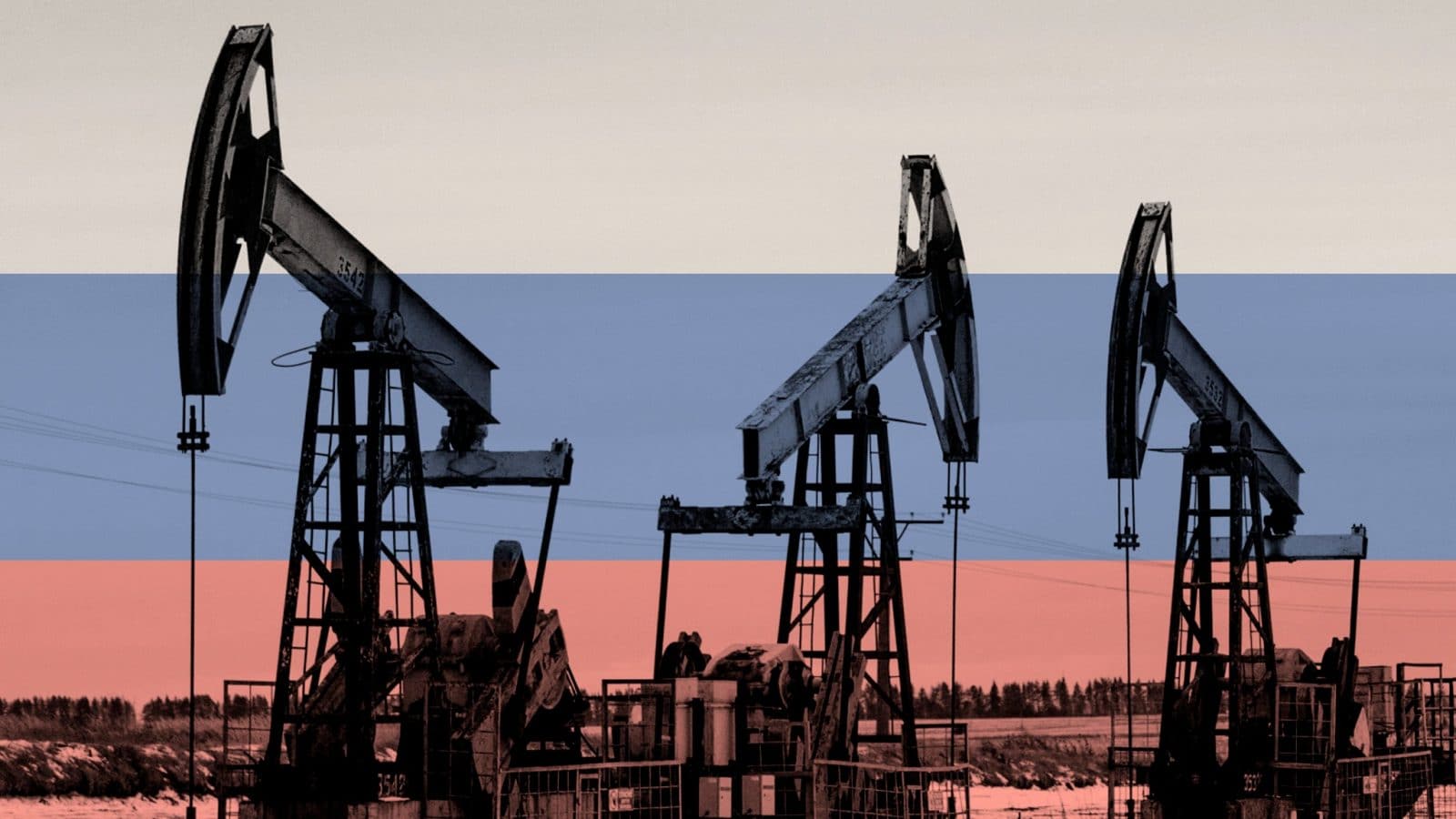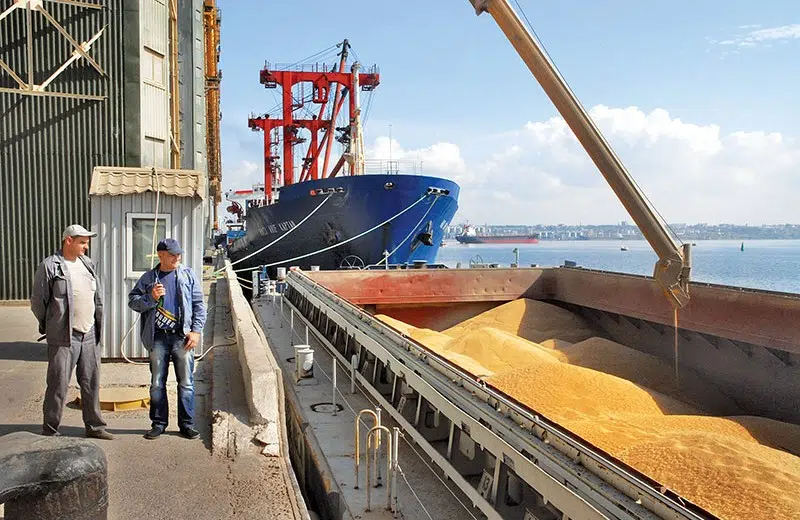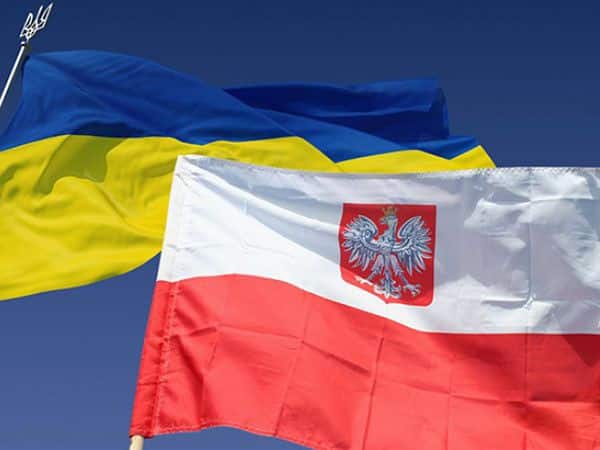Table of Contents
Gazprom threatens to halt gas transit through Ukraine if Naftogaz continues arbitration proceedings against the Russian monopoly. Experts and officials in Ukraine believe that the likelihood of gas transit to European countries being halted is quite high. More details on the consequences of such a step are provided below in the material from RBC-Ukraine.
Practically the only sphere of joint foreign economic activity between Ukraine and Russia remains the transit of energy resources. Russian natural gas and oil flow through Ukrainian pipelines to third countries, mainly EU members.
After the start of active military actions by Russia in Europe, the use of Russian energy resources significantly decreased. This happened due to the imposition of sanctions and the voluntary refusal of some countries from Russian supplies. However, the transit of oil and gas through Ukraine still remains relevant.
European countries are not yet able to completely abandon Russian gas — it is still being purchased by Germany, Italy, Bulgaria, Austria, as well as oil going to Slovakia, the Czech Republic, and Hungary. As a result, Russia continues to gain significant profits from selling energy resources. Last year, despite the reduction in sales volumes, due to high prices, Gazprom’s income from gas exports to Europe exceeded $50 billion.
Supplying energy resources through Ukraine brought significant revenue to Russia. Perhaps that is why transit facilities have not been shelled by Russians so far. However, the situation is changing. Last year, the volume of gas transit decreased almost by half — to 20.35 billion cubic meters out of the contracted 40 billion. In 2023, the trend of decreasing transit continues.
As for oil, there was some growth, but based on data from the first half of the year, a slight reduction in transit is possible in the current year. At the same time, prices for resources are considerably lower than in the previous year, and thus, exports do not generate the same high profits. According to experts’ forecasts, gas sales volumes to Europe from Russia will drop by 75% this year. However, the reduction could be even more significant.
Gazprom warned about the cessation of transit
Russian energy giant Gazprom has announced the possibility of imposing sanctions against Naftogaz Ukraine. The company’s CEO, Alexey Miller, stated on July 7 that the reason for such a step could be the arbitration proceedings initiated by the Ukrainian side. He noted that Naftogaz has already filed a multi-billion-dollar lawsuit against Russia in US courts.
“In the event of further unethical actions by Naftogaz, it is not excluded that this may lead to sanctions being imposed by the Russian Federation. Then any relations between Russian companies and Naftogaz will simply become impossible,” Miller said.
Naftogaz did not provide any comments regarding the possibility of transit cessation.
As of today, Gazprom and Naftogaz are linked only by the transit contract signed in 2019. Its term expires at the end of 2024. However, the imposition of sanctions could lead to a ban on financial transactions between Gazprom and Naftogaz and, consequently, the actual cessation of gas transit.
What arbitrations is Gazprom talking about?
Gazprom refers to two lawsuits filed by the Ukrainian side in arbitration. The first lawsuit concerns compensation for lost property in Crimea. The Arbitration Tribunal in The Hague ruled on April 12, ordering Russia to pay $5 billion to Naftogaz. The Russian side stated that it would review the decision and currently has no plans to comply with it.
In turn, Naftogaz has initiated the process of forced seizure of Gazprom’s assets in third countries. The United States became the first country to be involved. In June, Naftogaz Ukraine and five other companies from the Naftogaz Group filed a petition with the District Court for the District of Columbia to confirm the arbitration tribunal’s decision.
The second lawsuit concerns the termination of the transit of Russian gas through the gas metering station Sohranivka. The lawsuit was filed in September 2022 with the International Arbitration Court in Paris (the place of arbitration is Zurich). Last year, in May, due to the Russian occupation, the Ukrainian side lost control of the compressor station Novopskov in the Luhansk region. Gas was received there from the Sohranivka (located on Russian territory) and was transited at a volume of up to 32.6 million cubic meters per day.
The Novopskov compressor station was captured on February 24, but the Ukrainian side managed to control its operation until the beginning of May. Information about Russian interference in the station’s work and its technological processes emerged on May 10. Gas from the transit pipeline started being supplied to the Luhansk Thermal Power Plant. Firstly, this caused financial losses for the Ukrainian side, and secondly, there was a risk of disrupting the operation of the entire natural gas transmission system of Ukraine due to the lack of pressure control in the system.
The situation was considered a “force majeure” by the Gas Transmission System Operator of Ukraine and transit through Soharivka was suspended from May 11. Gazprom was offered to redirect gas volumes to the Sudzha gas metering station. However, the Russian monopoly refused, citing the reason that it does not have the technical capability for it. Although this is not true, as Gazprom had previously increased supply through Sudzha, whose capacity is 244 million cubic meters per day.
As a result, Gazprom simply refused to pay for the transit of 32.6 million cubic meters of gas per day in full. Considering that the daily volume for payment under the contractual “take or pay” conditions was 109 million cubic meters, Naftogaz’s losses reached 30% of the required amount.
The risks of transit cessation for Europe and Ukraine
The probability of transit cessation is considered quite high by both experts and officials. The Director of the Center for Energy Research, Oleksandr Kharchenko, spoke in an interview with RBC-Ukraine about the possibility of transit cessation even a month before Miller’s statement. “Most likely, the transit of gas through the Ukrainian gas transmission system will be physically stopped. I fully admit that such a thing can happen,” he said at the beginning of June.
The Minister of Energy, Herman Halushchenko, announced that Ukraine is already preparing for a reduction in gas transit supplies. He finds it difficult to imagine that the contract can be extended beyond 2024. Other government officials estimate the possibility of transit cessation at 80-90%, according to the publication.
See also: Will Ukraine export gas? Whom and why is it needed during the war?
The European Union will be able to survive the winter without Russian gas overall. This was stated by the EU Commissioner for Energy, Kadri Simson, in a comment to RBC-Ukraine. Earlier, the EU planned to completely abandon Russian gas by 2027. However, significant work was done last year to diversify energy sources, and the supply of pipeline gas from Russia decreased by almost two-thirds. Currently, Europe is well-prepared for any development of events.
“We have been preparing and developing a strategy over the last year and a half that will help us survive the winter without Russian gas altogether, if necessary,” stated the EU Commissioner.
The EU’s storage facilities are already filled to about 80%, and an Energy Platform has been created for joint gas procurement, to which, by the way, Naftogaz has also joined.
“We are well-prepared, and we are ready for any scenario. The EU is united, and we have reliable partners (for alternative gas supplies), whom we can trust,” said the EU Commissioner.
The stable situation regardless of any developments is further confirmed by the fact that Miller’s statement about the possibility of transit cessation has practically not triggered any market reaction. Unlike in the past, such statements would cause a sharp jump in gas prices, but this time, the price even dropped below $300 per thousand cubic meters in the second decade of July.
Moldova, which receives gas through Ukraine, can establish gas supplies either from Romania or through transit from Slovakia. Last year, Moldova already purchased small volumes through the Budince point in Slovakia on the border with Ukraine. Additionally, Moldova has accumulated a certain gas reserve in Ukrainian storage facilities.
On the other hand, if gas transit is stopped, Ukraine will not be able to receive payment for gas transportation to Europe, which amounts to an average of just over $100 million per month. Moreover, it will be necessary to reconfigure the operation of the natural gas transmission system. During the heating season, gas was previously taken from transit volumes primarily for the needs of the eastern and central regions, while the gas withdrawn from Ukraine was compensated with gas from underground storage facilities in the western part of the country. This arrangement was quite convenient and permissible under all existing agreements.
If there is no transit, gas for the eastern regions will need to be lifted from storage facilities and transported deep into the country to the eastern border. This is a more complex process, but there should be no problems in this case.
Officials in the Ukrainian government assure that all mechanisms for the operation of the natural gas transmission system under new conditions have been worked out.
“All operating modes under new conditions have been worked out between Gas Transmission System Operator of Ukraine and UkrGasVydobuvannya. Since last year, we have been coordinating all processes in case of transit cessation,” said a source familiar with the preparation of the system for the heating season in an interview with RBC-Ukraine.
Moreover, in January 2019, the natural gas transmission system of Ukraine already operated under conditions of minimal transit when gas supply to the eastern regions had to be ensured using gas from storage facilities. The first experience of operating the natural gas transmission system without transit was back in 2009 when Gazprom ceased transit due to the absence of a contract with Naftogaz.
Former Head of the Gas Transmission System Operator of Ukraine Sergiy Makogon, does not see any risks regarding the gas supply of Ukrainian consumers without transit.
“Currently, the consumption has dropped, and the system for the domestic market can operate autonomously, lifting gas from underground storage or importing it when needed,” he emphasized.
The additional gas expenses for transportation to the eastern part of the country will be insignificant.
“Large compressor station capacities are needed for high volumes, such as for transit. Without transit, the need for working compressor stations to pump gas will significantly decrease, and therefore gas expenses will be reduced,” noted Makogon.
However, in the absence of transit, the risks of damage to the compressor stations themselves due to shelling increase. The gas-pumping capacities will no longer be crucial for Russia, which might lead to targeted attacks on above-ground natural gas transmission system facilities.
Damage to compressor stations, which create pressure in the system, will result in gas supply disruptions to consumers. However, serious problems are unlikely to arise, according to Makogon.
“Our system is quite flexible, and we have a very large strength reserve — many branches for gas supply,” he said.
Originally posted by Yuri Doschatov on RBC-Ukraine. Translated and edited by the UaPosition – Ukrainian news and analytics website
See also: Isn’t it time for Ukraine to stop the transit of Russian gas, oil, and ammonia?

